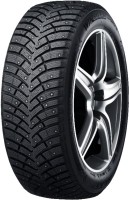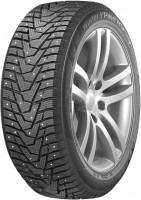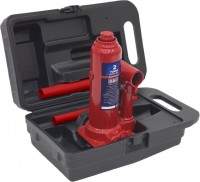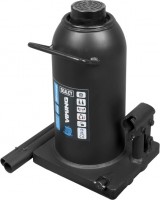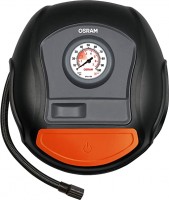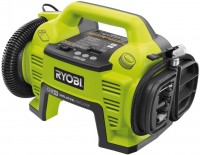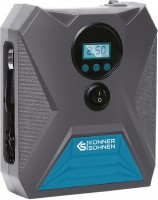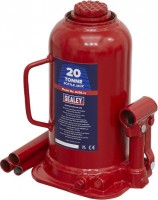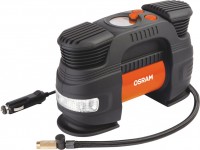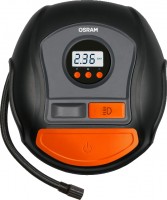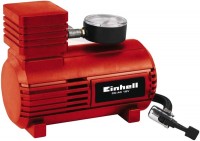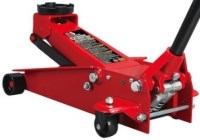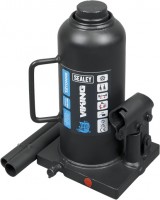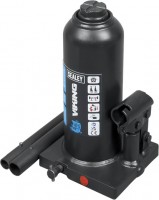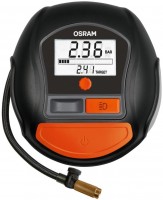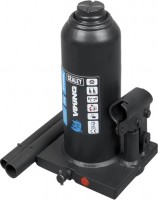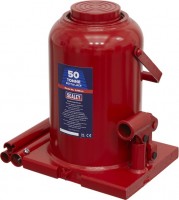Toyo Observe Ice-Freezer 205/55 R16 91T
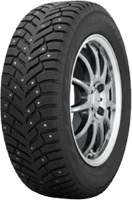 | Outdated Product Season: winter; Product Type: passenger car / SUV; |
Toyo Observe Ice-Freezer 205/55 R16 91T | |||||||||||||||||||||||||
| |||||||||||||||||||||||||
Always clarify the specifications and configuration of the product with the online store manager before purchasing.
Catalog Toyo 2025 - new arrivals, bestsellers, and the most relevant models Toyo.
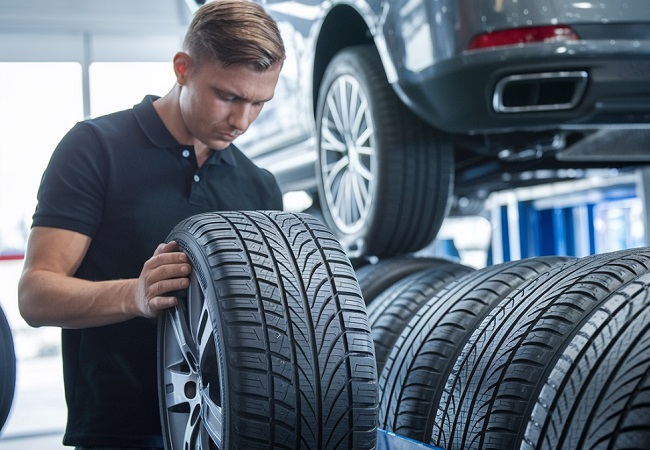

To replace the authoritative "spike" Toyo Observe G3-Ice on the eve of the season "Autumn-Winter 2018-2019." Japanese tyre manufacturers have released a successor to tyres on public roads — the “clawed” Ice-Freezer model.
In focus
The tread design of the tyre shows the continuity of generations — the Toyo Observe Ice-Freezer treadmill uses the concept of a symmetrical directional style with a pronounced sweep. The focus of the engineers of the Japanese brand was the acceleration and braking characteristics on icy roads. The numerous edges of high-amplitude sipes, which are dotted with tread blocks, and steel wedges of Ice Force spikes make the tyre more grippy.
On ice, like on asphalt
Newly minted "claws" are dispersed along the perimeter of the tyre tread in 28 orderly rows. The spikes are equipped with sharp pentagonal tips for a more tenacious grip on the ice. Together with them, microparticles of walnut shells work side by side, which generously flavored the rubber “cocktail” of the model to increase traction on slippery roads.
Driving comfort
Perfect handling and reliable grip on winter roads are combined in the Toyo Observe Ice-Freezer with the softness and elasticity of the rubber compound. And this, in turn, is a direct way to increase the level of driving comfort. The only "but" is the low fuel efficiency of the tyre at speeds over 90-100 km/h (in comparison with "classmates"). On the other fronts, no claims are made to tyres either according to the results of various independent tests, where the model stably takes places in the “golden mean”, or according to the reviews of winter tyre operators.



